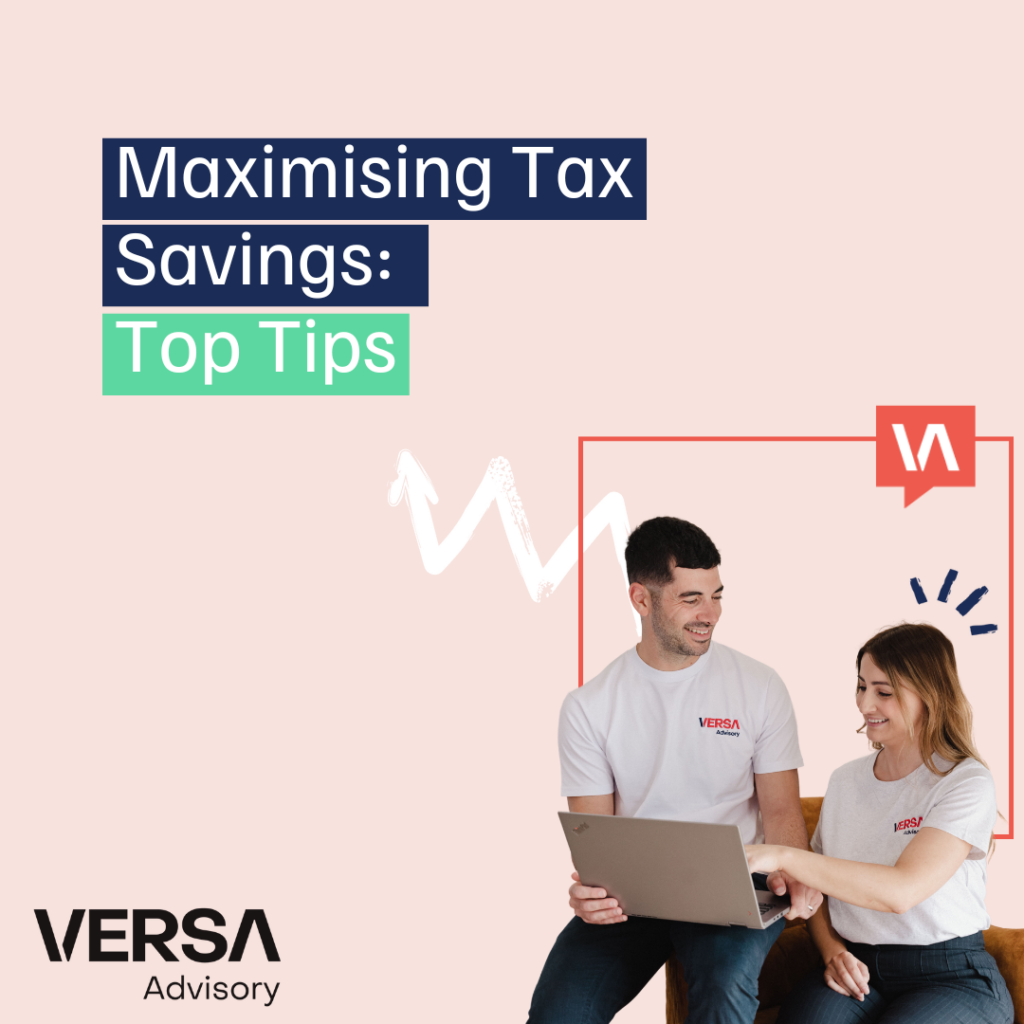Maximising Tax Savings: Your Essential Guide to Year-End Planning

As we approach 30 June, let’s dive into what you need to consider to optimise your tax savings before the financial year ends. Here are our top tips for tax planning to ensure you’re prepared!
Understanding Tax Planning
Tax planning is critical as we enter the final quarter of the financial year, particularly during the months of April to June. It’s an opportunity to implement strategic measures aimed at minimising tax liabilities resulting from your business’s success.
Top Tax Planning Tips
Tip #1 – Strategic Spending for Tax Savings
The key question here is whether a tax deduction is truly advantageous for you. Remember, to save $1 in tax, you often need to spend $4. Therefore, it’s important to assess whether the expense aligns with your business needs rather than solely for tax benefits. Consider investing in essential plant/equipment that will directly benefit your operations. Purchasing and installing these assets before 30 June can maximise your tax deductions.
Instant Asset Write-Off – Expanding Opportunities
Good news! The instant asset write-off allows for immediate depreciation of new equipment with up to a cost of $20,000 for small business entities (SBEs). The write-off threshold applies per asset, so a SBE can deduct the full cost of multiple assets across the year as long as the cost of each asset is less than $20,000.
Prepayments – Timing Tax Deductions
Consider prepaying regular expenses like rent, consulting fees, or accounting services to bring forward tax deductions into the current financial year. This approach accelerates deductions but remember, it affects deductions in the following year.
Super Contributions – Boosting Deductions
For businesses, paying outstanding employee superannuation before 30 June can provide additional tax deductions for the year. Individuals can contribute up to $27,500 to their super during the financial year, including employer contributions. Ensure funds are processed by 30 June to qualify for deductions.
Tip #2 – Financial Readiness
Planning to secure finance soon? Maximising taxable income might be necessary to strengthen your financial position. While tax deductions are beneficial, they can impact your ability to secure financing. It’s crucial to balance tax planning with financial goals.
Tip #3 – Strategic Timing: Cash vs. Accruals
Evaluate whether switching between cash and accruals reporting aligns with your tax goals. Moving income or expenses between financial years can impact tax outcomes.
Tip #4 – Entity Restructuring for Tax Efficiency
Explore different entity structures based on fluctuating profit levels. For example, trading companies operating as Small Business Entities benefit from a lower tax rate. Trusts offer flexible profit distribution options but require careful consideration of tax implications.
How We Can Assist
Feeling overwhelmed? We’re here to help! Our team at VERSA specialises in tax planning and can develop personalised strategies to optimise your tax savings. Reach out to us for expert guidance as we navigate the year-end together.
Remember, effective tax planning requires a balanced approach that aligns with your business objectives and financial aspirations. Let’s make this tax season smooth and rewarding for you!
Stay savvy, and let’s maximize those savings!
Versa Advisory – Accountants in Melbourne
Website: http://versaadvisory.com.au
Google Map: https://www.google.com/maps?cid=15543288339898893134
Phone: (03) 9088 2433
Email: [email protected]


